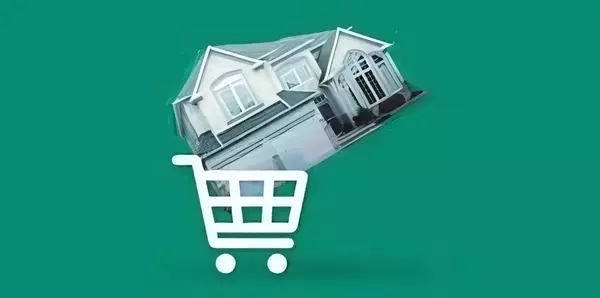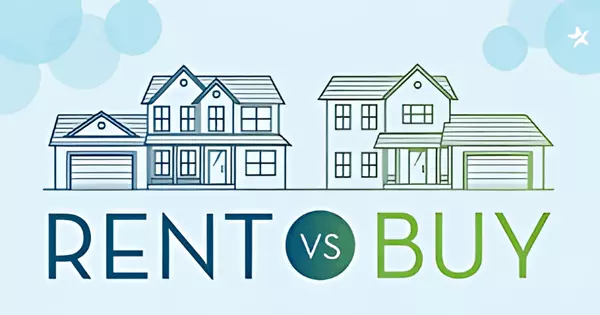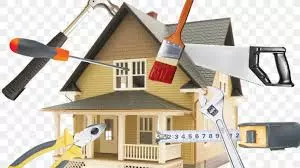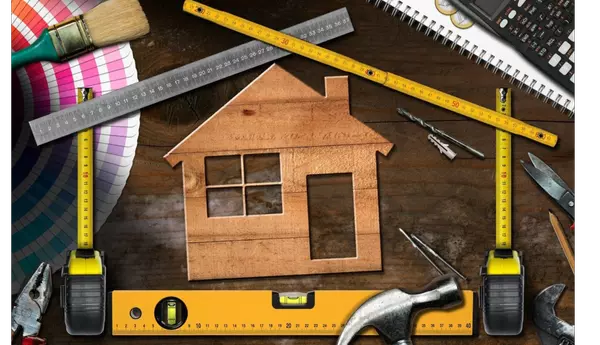
Types of Mortgages
There are several types of loans available for purchasing a home. Some common options include: Conventional Loans: These are traditional mortgage loans offered by private lenders and not backed by government agencies. They typically require a higher credit score and a down payment of at lea

Why Home Staging Is Important.
As a seller, you want to ensure that your home is presented in the best light possible. This is where home staging comes in. Home staging is the process of preparing a home for sale by making it more appealing to potential buyers. The goal is to create an atmosphere that is inviting and welcoming,

Are You Ready to Make a Change?
Knowing when it's time to find a new home is a personal decision that depends on your unique circumstances and needs. Here are some signs that it may be time to start considering a new home: 1. Outgrown your current space: If you find yourself constantly feeling cramped or in need of extra s
Categories
Recent Posts










